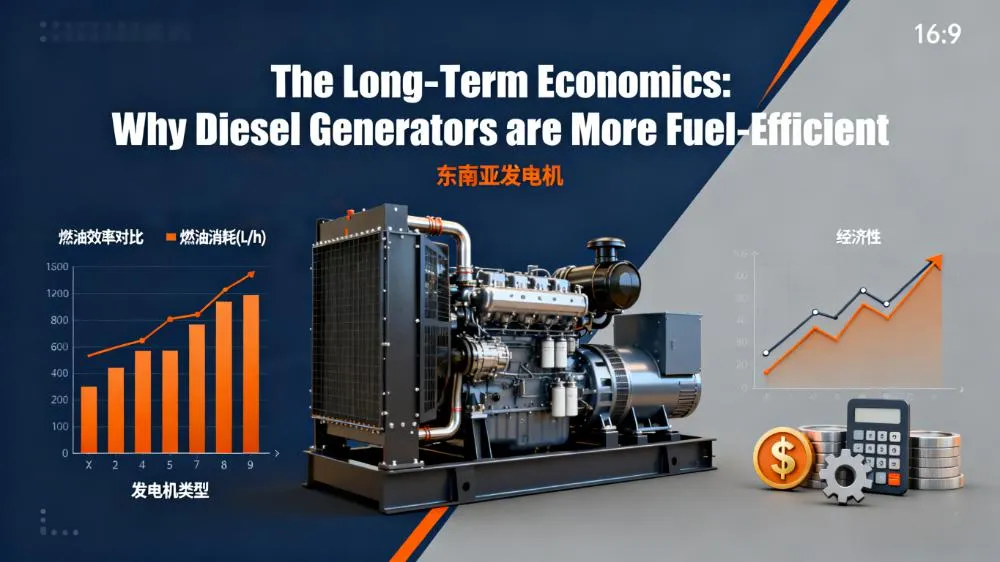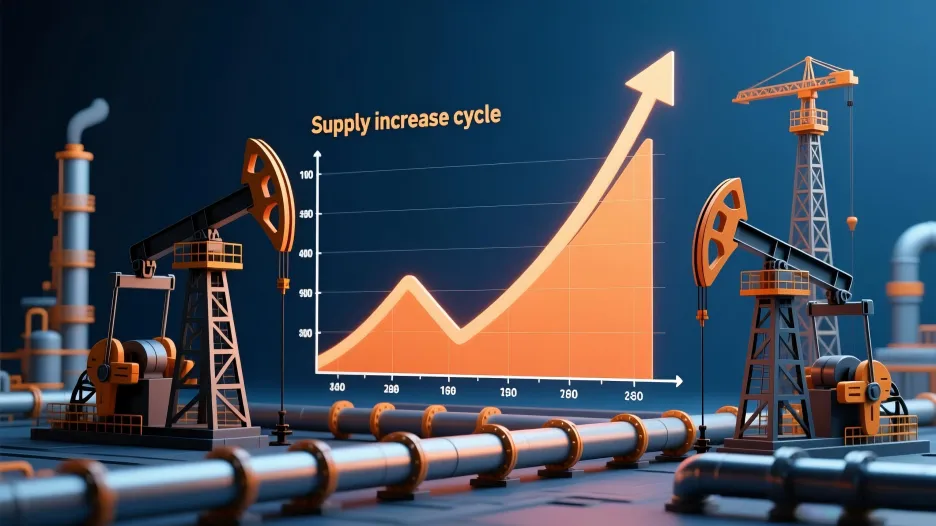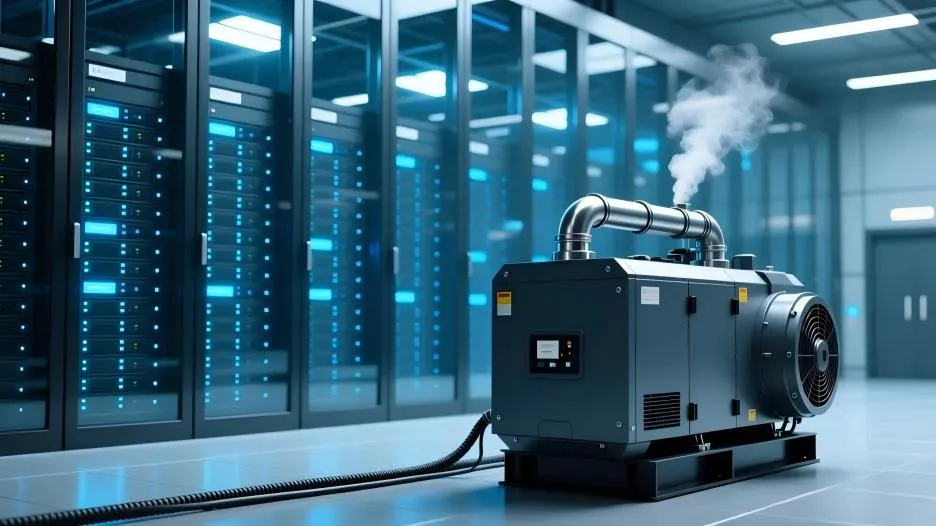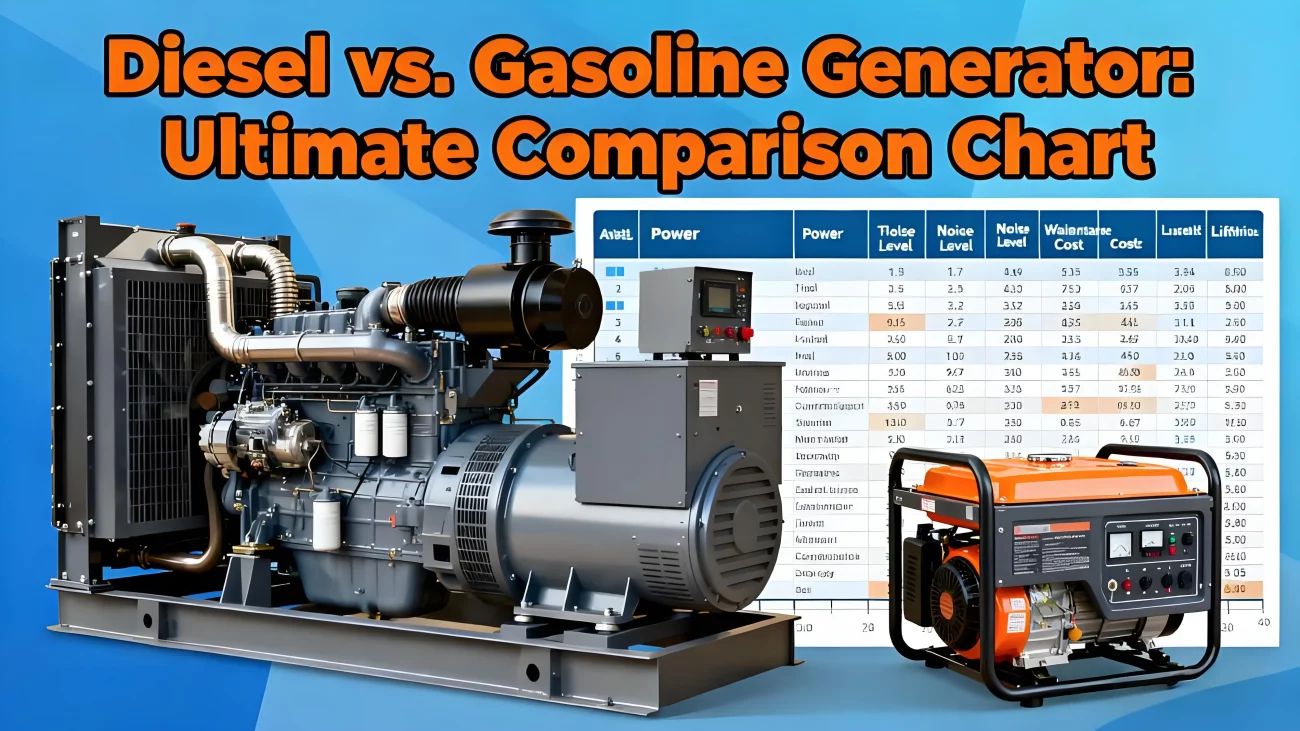The Long-Term Economics: Why Diesel Generators are More Fuel-Efficient

If your primary concern is fuel consumption over extended periods, diesel generators hold a significant advantage.
Diesel Generators:
Higher Energy Density: Diesel fuel contains approximately 10-15% more energy per gallon than gasoline. This means burning a gallon of diesel produces more power than a gallon of gasoline.
Lean Burn Operation: Diesel engines run on a much leaner air-to-fuel ratio (excess air). They throttle not by restricting air (like gasoline engines) but by controlling fuel injection. This reduces pumping losses and improves efficiency.
Higher Compression Ratio: The high compression ratios (often 15:1 to 20:1 vs. 8:1 to 12:1 in gasoline engines) extract more mechanical energy from the chemical energy in the fuel.
Gasoline Generators:
Lower Efficiency: Gasoline engines have lower compression ratios to prevent premature detonation (knocking). They also must maintain a stoichiometric air-fuel mixture for the spark plug to work effectively, which is less efficient than a lean burn.
Result: A diesel generator can be 20% to 35% more fuel-efficient than a comparable gasoline generator. This translates to significantly lower running costs for continuous or frequent use, making diesel the default choice for prime power or long-duration backup.











